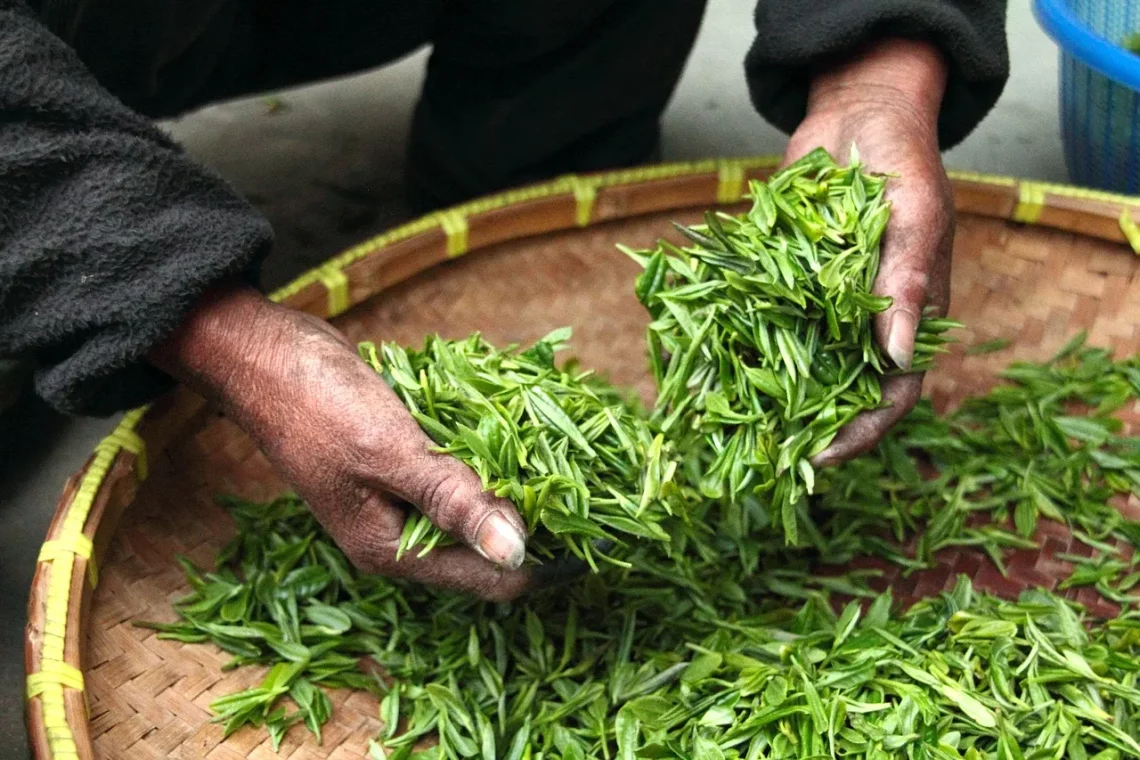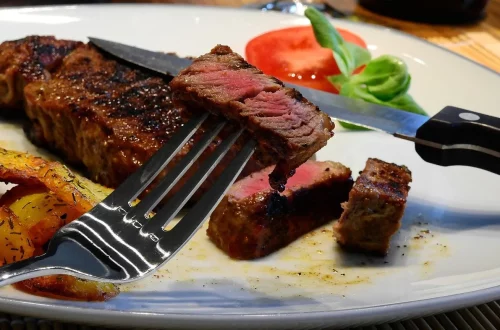
Discover the Unique Blend of Tea That Tastes Like Coffee
The world of beverages is vast and varied, filled with countless options that cater to every palate. Among these, tea and coffee reign as two of the most beloved drinks globally. While both have their unique flavors, aromas, and health benefits, what if there was a blend that could offer the best of both worlds? Imagine sipping on a beverage that captures the robust essence of coffee while delivering the delicate subtleties of tea. This innovative fusion has piqued the interest of many tea and coffee enthusiasts alike, leading to an exploration of various ingredients and brewing techniques that can create this harmonious blend.
As more people seek alternatives to traditional caffeinated drinks, the search for unique flavor profiles has become a trend in its own right. The allure of a tea that resembles coffee not only satisfies the craving for a caffeine boost but also introduces an exciting twist to the conventional tea experience. This article delves into the fascinating realm of this distinctive combination, shedding light on its ingredients, preparation methods, and the potential benefits that come with it. Let’s embark on a journey to discover this delightful blend that promises to tantalize taste buds and invigorate the senses.
Understanding the Ingredients: What Makes This Blend Unique
To truly appreciate a beverage that tastes like coffee yet is fundamentally tea, one must first understand the ingredients that contribute to its unique flavor profile. The foundation of this blend often lies in the use of specific types of tea leaves, herbs, and additional flavoring agents that mimic the rich, bold characteristics of coffee.
One popular base for this blend is roasted barley tea, also known as mugicha in Japan. This tea is made from roasted barley grains, which provide a nutty, slightly bitter flavor reminiscent of coffee. The roasting process intensifies its flavor, making it an ideal candidate for those seeking a coffee-like experience without the actual coffee. Another excellent option is the use of roasted chicory root. Chicory has a naturally earthy taste that mirrors coffee’s depth, and it is caffeine-free, making it a perfect addition for those looking to reduce their caffeine intake.
Additionally, some blends incorporate traditional black tea or oolong tea, which can add astringency and body to the drink. The choice of tea is crucial, as it sets the stage for how the subsequent flavors will harmonize. For instance, using a strong black tea can create a robust base that closely resembles coffee.
Herbs and spices also play a significant role in enhancing the flavor profile. Cinnamon, for example, adds warmth and sweetness, while vanilla can introduce a creamy, dessert-like quality. Other spices such as cardamom or nutmeg can bring an exotic flair to the blend, further enriching the overall taste.
It’s essential to experiment with different ratios and combinations of these ingredients to find the perfect balance that resembles coffee while still being distinctly a tea. The beauty of this blend lies in its versatility; there is no one-size-fits-all recipe, and each individual can tailor it to their unique preferences.
Brewing Techniques for the Perfect Cup
Once the ingredients have been selected, the next step is mastering the brewing techniques that will allow you to create a perfect cup of tea that tastes like coffee. The method of preparation can significantly influence the final flavor, aroma, and overall drinking experience.
A common approach is to begin by steeping the chosen tea leaves or herbs in hot water. The temperature of the water is vital; for black tea, a temperature between 200°F to 212°F is ideal, while green or oolong teas may require slightly cooler water to avoid bitterness. For roasted barley or chicory root, boiling water is typically used to extract maximum flavor.
The steeping time also varies depending on the selected ingredients. For black tea or oolong, a steeping time of 3 to 5 minutes is recommended, whereas herbal infusions might benefit from longer steeping times, sometimes up to 10 minutes. This longer steeping allows the flavors to fully develop, resulting in a more robust and coffee-like taste.
For those who prefer a more concentrated flavor, consider using a French press. This method allows the ingredients to steep directly in the water, enhancing the extraction of flavors. After brewing, simply press down the plunger to separate the liquid from the solids, resulting in a rich, full-bodied drink.
Another technique worth exploring is cold brewing, which can yield a smoother, less acidic result. This method involves steeping the ingredients in cold water for an extended period, typically 12 to 24 hours. The result is a refreshing beverage that retains the essence of both coffee and tea, perfect for warm weather.
Finally, don’t forget about the finishing touches. Adding milk or a dairy alternative can create a creamier mouthfeel, while sweeteners like honey or agave syrup can enhance the flavor profile further. Experimenting with various additions can help personalize the drinking experience and make it even more enjoyable.
The Health Benefits of This Unique Blend
Aside from its delightful taste, this innovative tea-coffee blend offers several health benefits that make it an appealing choice for many. Both tea and coffee are renowned for their antioxidant properties, which can contribute to overall health and wellness.
Tea, particularly green and black varieties, is rich in polyphenols, which are compounds known for their antioxidant effects. These antioxidants can help combat oxidative stress in the body, potentially reducing the risk of chronic diseases. Furthermore, tea has been linked to improved heart health and enhanced cognitive function.
On the other hand, coffee is celebrated for its ability to provide a quick energy boost, thanks to its caffeine content. Caffeine can enhance mental alertness and improve physical performance, making it a popular choice for those needing a pick-me-up. Blending tea with coffee-like flavors allows individuals to enjoy the stimulating effects of caffeine while benefiting from the soothing qualities of tea.
Additionally, the use of roasted ingredients such as barley and chicory brings their own set of health benefits. Chicory root, for instance, is known for its digestive health properties, as it can aid in promoting gut health and regularity. Roasted barley is a good source of fiber, which can support digestive health as well.
It’s important to note, however, that while this blend can be a delicious and healthy alternative to traditional caffeinated drinks, moderation is key. The caffeine content can still be significant, depending on the ratio of tea to coffee-like ingredients used. As with any dietary choice, it’s best to listen to your body and consult with a healthcare professional if you have any specific health concerns or dietary restrictions.
**Disclaimer:** This article is for informational purposes only and is not intended as medical advice. Please consult a healthcare professional for any health-related concerns.
In conclusion, discovering a tea that tastes like coffee opens up a new world of flavors and experiences. By understanding the ingredients, mastering brewing techniques, and recognizing the health benefits, you can create a beverage that not only satisfies your taste buds but also aligns with your wellness goals. So why not embark on this flavorful journey and explore the delightful possibilities of this unique blend?




